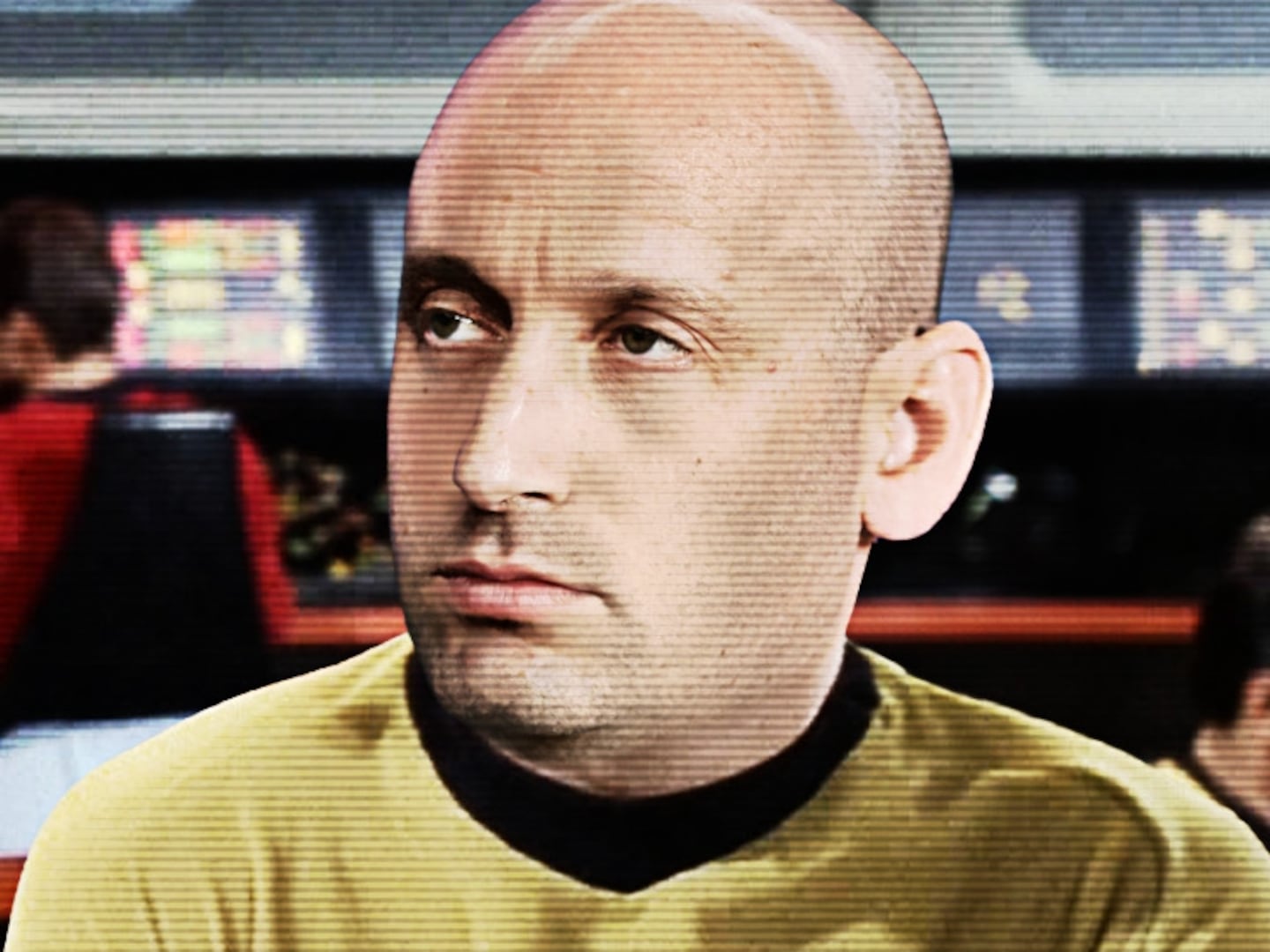Advertising trends come and go, but the power of the word “new” always endures. The longing for a product that we have not yet experienced strikes some primeval need, particularly in Americans.

A natural corollary is that once voters accept a member of a new generation as president, they rarely return to earlier generations in the races that follow. It has only happened once in modern times, when Reagan defeated Carter.
So it is with our politics. More often than not, experience is defeated by a more compelling message in a presidential race. The classic example of this is Barack Obama in 2008 trumping a much more experienced Democratic field led by Hillary Clinton and then going on to defeat veteran senator John McCain. But George W. Bush took the same course in 2000, Bill Clinton in 1992, Ronald Reagan in 1980, Jimmy Carter in 1976, and, of course, the classic candidate of the “new,” JFK in 1960.
Though difficult to quantify, this generational factor hurt Mitt Romney last year. Certainly the Obama campaign tried to play up the age difference. Romney, teased David Axelrod, “must watch Mad Men and think it is the evening news.” (Judging from the Twitter feed around Mad Men, that’s a common occurrence.)
Which brings us to Clinton. Prompted by a New York Times article Monday, “Republicans Paint Clinton as Old News for 2016 Presidential Election” (which opens with a quote from me), there seems to be a great rush among the large professional class dedicated to defending all things Democratic to deny that age and experience will be an issue for Hillary. Which seems a bit silly since in her last run, she did everything she could to use both to her advantage.
“I think that I have a lifetime of experience that I will bring to the White House,” she declared on March 3, 2008. “Sen. John McCain has a lifetime of experience that he'd bring to the White House. And Senator Obama has a speech he gave in 2002."
She told Newsweek, “I wouldn't be in this race and working as hard as I am unless I thought I am uniquely qualified at this moment in our history to be the president we need starting in 2009 … I think it is informed by my deep experience over the last 35 years, my firsthand knowledge of what goes on inside a White House.”
This prompted Timothy Noah in Slate to respond, “Oh, please. Thirty-five years takes you back to 1973, half of which Hillary spent in law school, for crying out loud.”
And there’s the rub. When you ran in 2008 as the candidate of experience based on 35 years of experience and lost to a candidate of the “new,” don’t be surprised if it happens again eight years later.
To tweak one of Clinton’s famous phrases, the vast Democratic conspiracy (joined by at least one Republican) finds the idea of a Republican candidate beating Hillary absurd. This is natural, since a Republican just lost. Yet it’s a bit odd since Romney and Clinton both lost to Obama, the difference being that Romney was never ahead of Obama while Clinton blew a 20-plus-point lead. It would seem curious to argue that proves Hillary inevitable, but as a veteran of the Bush 2004 campaign, I appreciate the natural tendency of cheerleaders on your side to feel invulnerable after winning a presidential race.
But who’s to say a Republican will have a chance to run against Hillary?
In the summer of 2004, then-Senator Clinton headlined then-state Senator Obama’s largest campaign fundraiser. His thank you was to run against her for the presidency three years later. Such is loyalty in politics, and so it will be in 2016 as a new crop of ambitious Democrats step up to challenge her. The idea that there is some party mechanism that ensures newcomers “wait their turn” is nonsense. In reality, the fact that Hillary is seen as an overwhelming favorite gives any Democrat a free pass to enter the primary. So what if you run and lose? No one expects you to win.
Of such moments are upsets made. Who knows this better than Clinton, whose husband seized such a moment in 1991 to challenge the “unbeatable” President Bush when every “serious” Democrat took a pass. After a quixotic billionaire Texan named Perot made it a three-way race, the President Bush who had a record post–Gulf War approval rating in just a few months became the vulnerable president who had broken his pledge on taxes. As Bill Clinton said in May 2008, when he was urging his wife to stay in the race, “Anything can happen in politics.”
Indeed. And in Democratic politics, it is highly unusual that the anointed frontrunner makes it to the promised land. Could Hillary Clinton be the next president of the United States? Of course. Should you place even money on it happening? Of course not.
Steve Jobs knew a thing or two about the public, and he famously said, “People don’t know what they want until you show it to them.” Right now they like Hillary just fine. But three years from now, the question is sure to be, “What’s new?”






